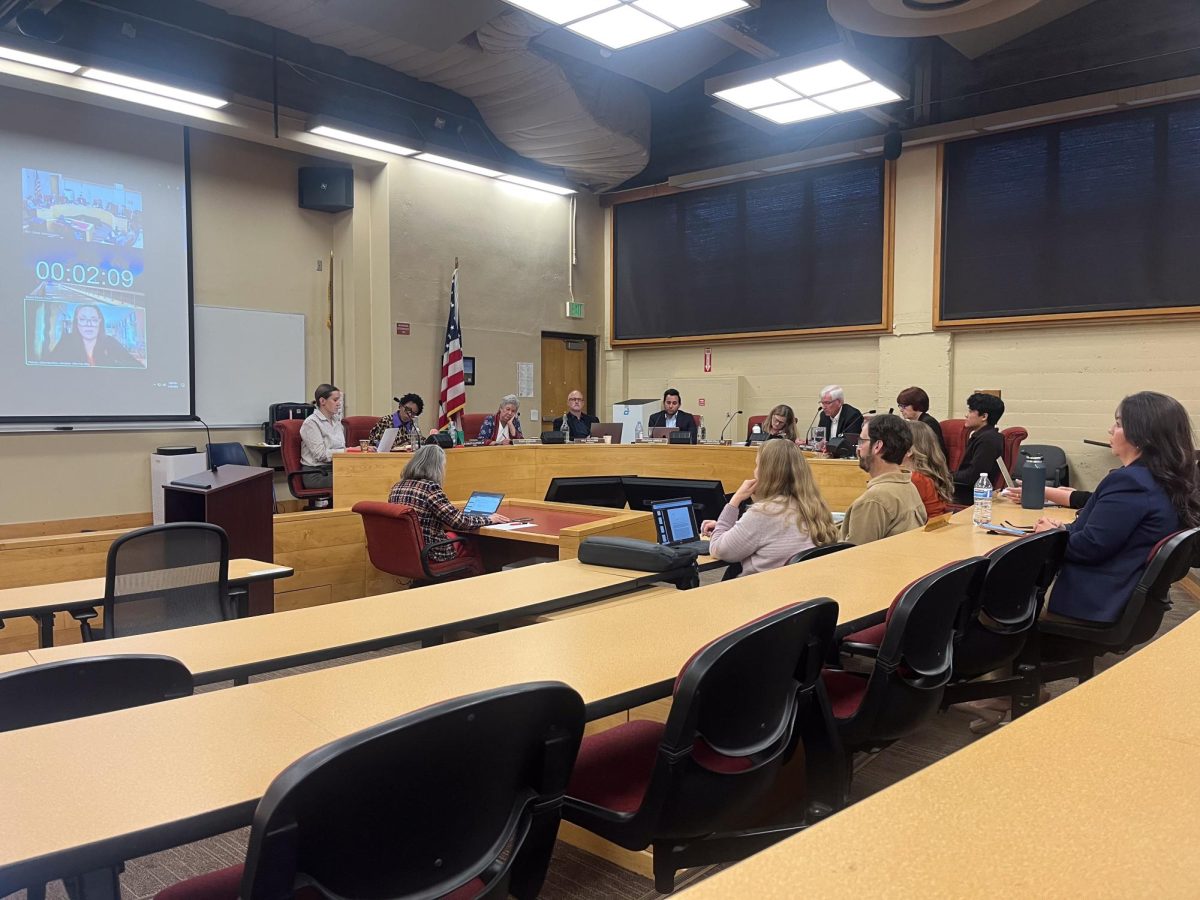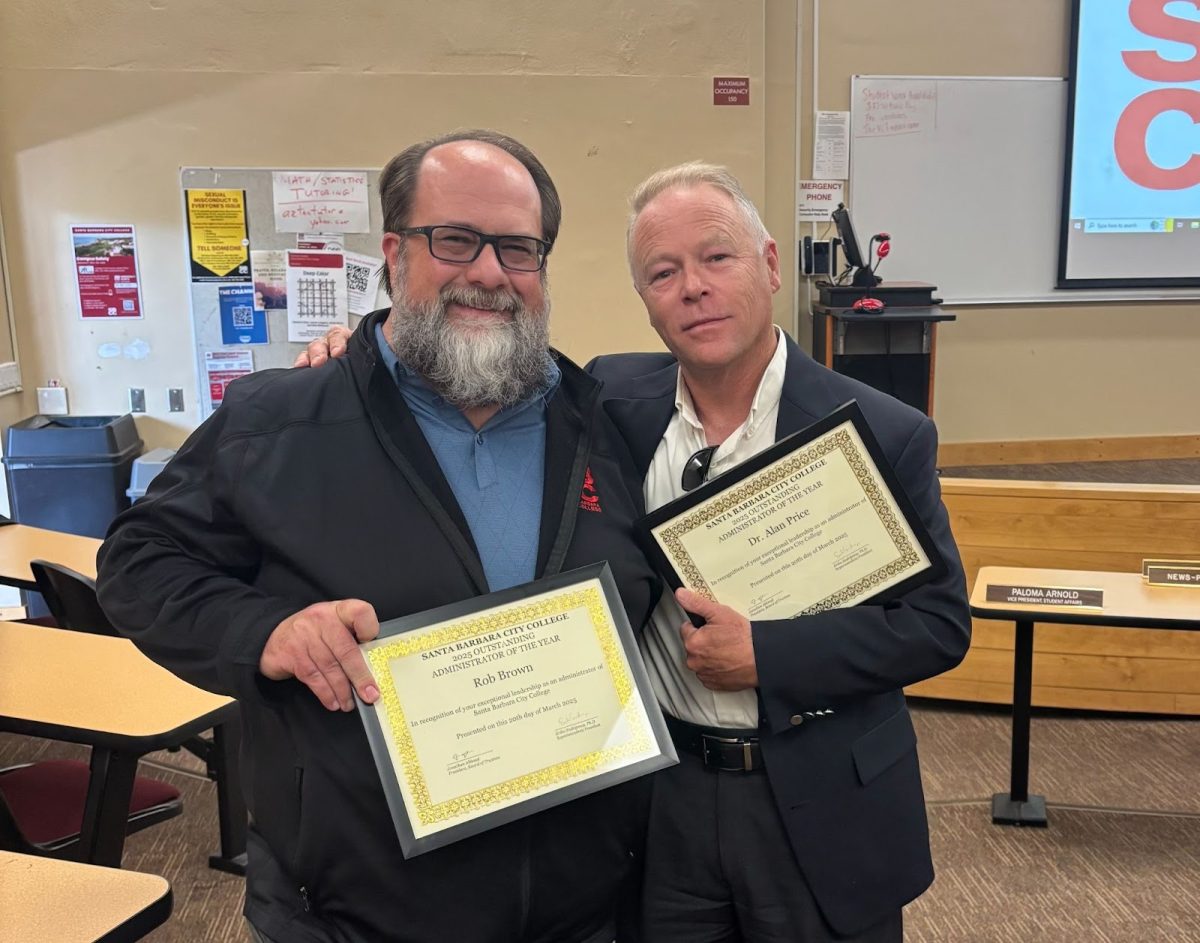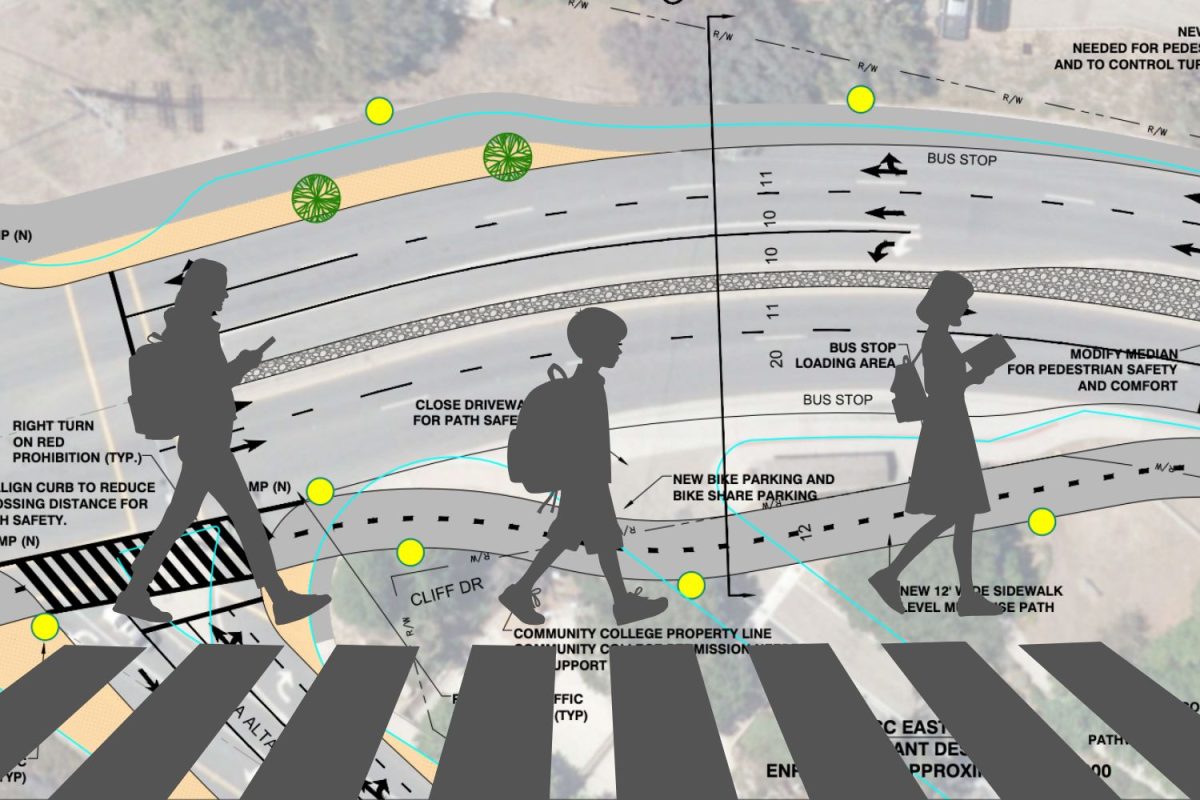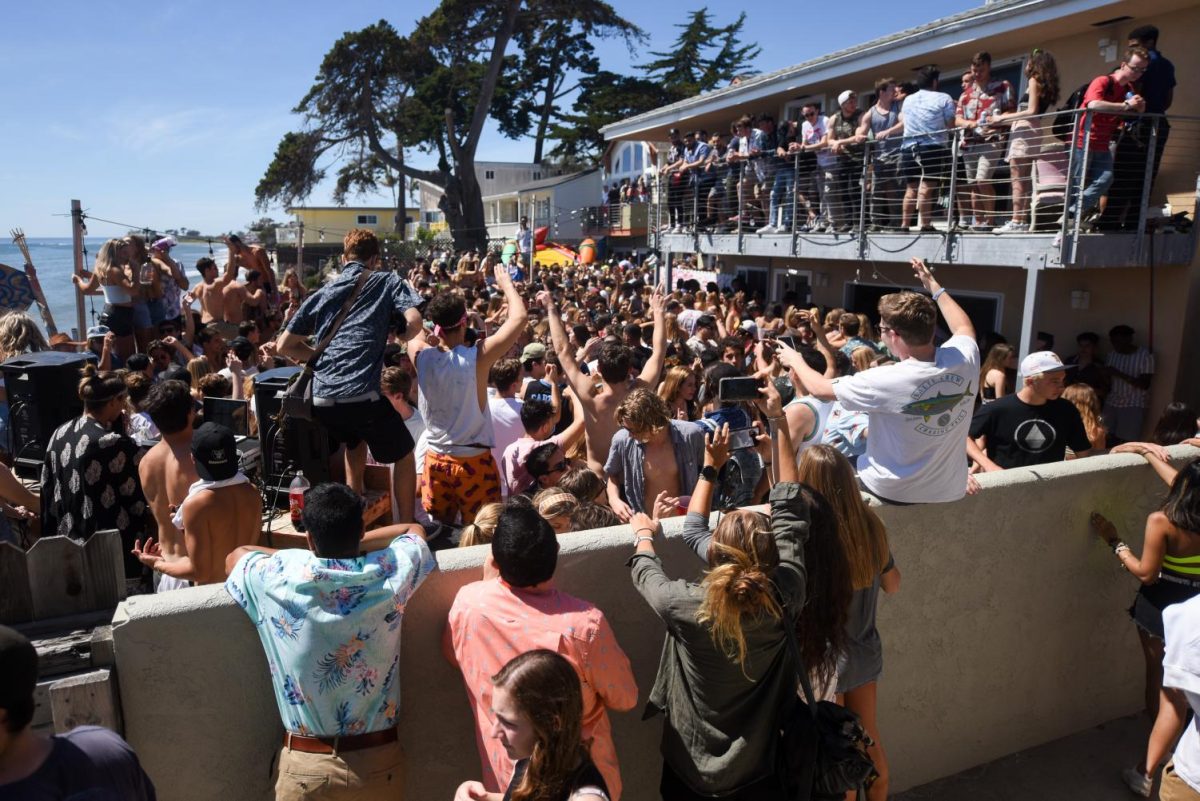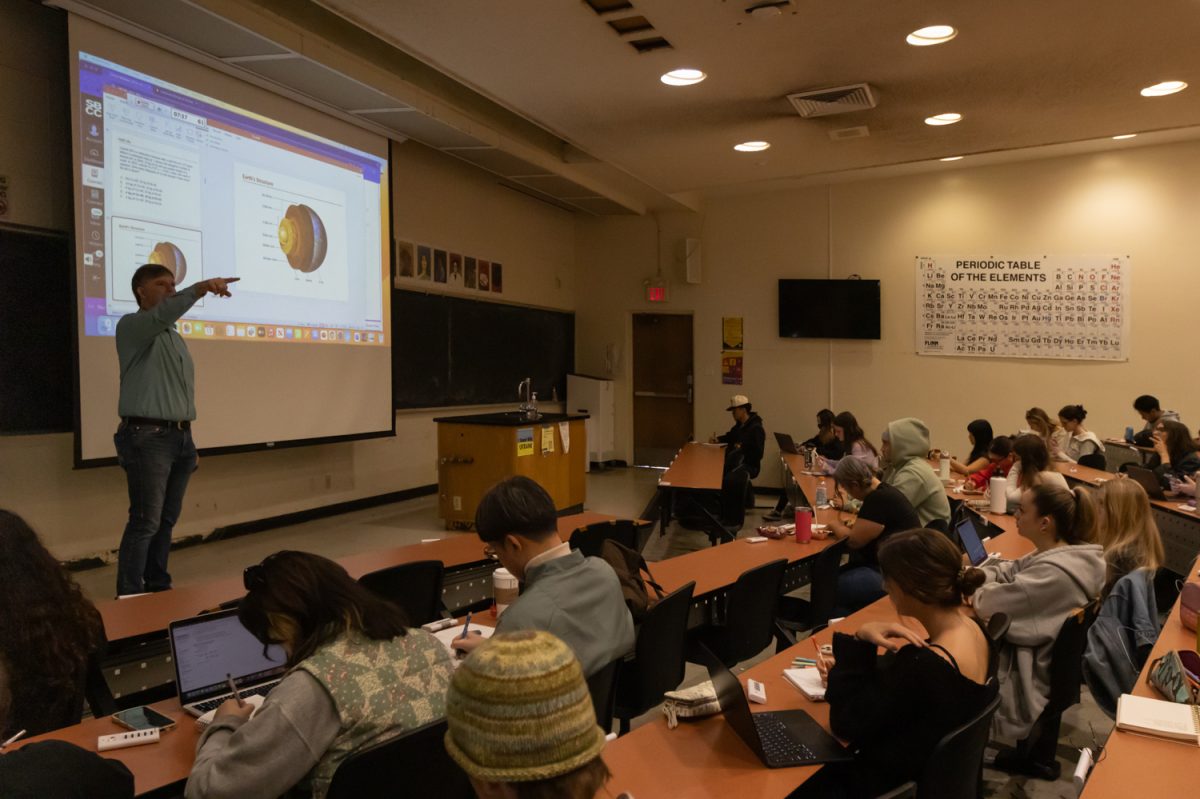A panel of formerly incarcerated college students shared their stories in a talk about the prison system and higher education held in the Business-Communication Forum Friday night.
The event, hosted by the Student Equity Committee and UC Berkeley’s Underground Scholars, featured five panelists, all of whom had spent time in prison before returning to school and pursuing higher education.
Luis Giraldo, City College’s director of equity, diversity and cultural competency, emceed the event.
“What comes out in events like these is people’s sacred story,” Giraldo said. “I think it’s really important for us to acknowledge that the amount of pain and struggle, and also celebration and beauty, that comes out of these stories is healing for us all to hear.”
One guest speaker, Danny Murillo, grew up in Los Angeles and joined a street gang at 13 years old. Murillo ended up spending 14 years of his life in prison.
After fighting to pursue a higher education, Murillo graduated from UC Berkeley in 2015 and got a fellowship to do work in public service. He then returned to California to work on a project called the Underground Scholars Initiative, which would work to create a statewide support network of formerly incarcerated students.
“Wherever formerly incarcerated students are, I want to connect with them and give them the knowledge that I have,” Murillo said.
Part of Murillo’s program is something called “in-reach”—a pun on “outreach”— and its goal is to connect with current prisoners to help them make plans for college when they get out.
One prisoner Murillo worked with was admitted to UC Berkeley. He will start school there in a year, once he finishes his sentence.
Alberto Lule, a City College student and underground scholar ambassador, was part of the panel. A Santa Barbara local, Lule spent 13 years in prison during which time he took college courses.
“For me, it was something that brought me back to reality,” Lule said, describing the classes he took behind prison walls. “When I paroled, I already knew the first thing I had to do was get back into education.”
One of Lule’s friends brought him to City College and introduced him to the college’s Extended Opportunity Programs and Services staff.
Within two weeks of getting out of prison, Lule was already enrolled in school.
“I felt really lucky that it happened,” he said. “People that have been locked up for a long time, they don’t see any opportunities anymore. After a while, all your opportunities start closing.”
Lule expressed that after the challenges he had faced in prison, college was a breeze in comparison.
“I’m not lying to you guys. So far, every semester as a full-time student, I’ve hit all A’s,” Lule said, as the audience began to applaud.
Oscar Soto, another formerly incarcerated student, was studying to get his doctorate in sociology at UCSB. Soto was grateful for the mentors who believed in him, and for the professors who cared less about his past and more about his ambition.
“I was like how could I use my story to empower those that come behind me,” Soto said, talking about his growing understand of injustice in the prison system. “How can I throw the rope back?”
Through the evening, Luis Giraldo made sure to return to the positive aspects of the guest speakers’ stories, which included their overall experiences at their respective colleges.
But, uplifting as each person’s story might’ve been at times, there was a heaviness that never left the theater.
“There are a lot of years in this room,” one panelist said, referring to the total jail time served by everyone present in the theater.
In his emceeing, Giraldo emphasized the gravity and emotion that surrounds talks around people’s prison sentences, and what impact those talks could have on audiences.
“We walk away with more than just being a participant of an event,” he said.
“We walk away with parts of people’s lives, and our own, intermeshed.”


